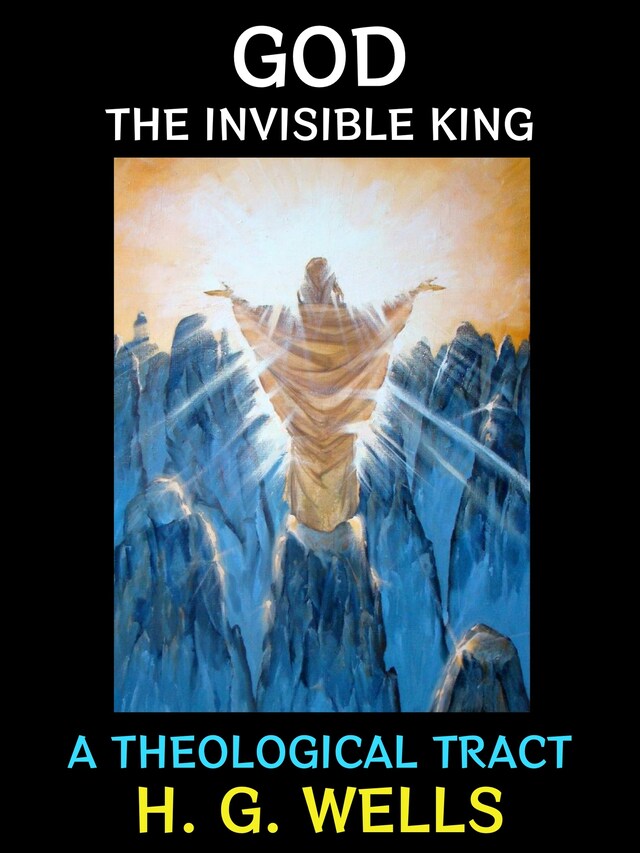
God the Invisible King
A Theological Tract
Beschrijving van het boek


